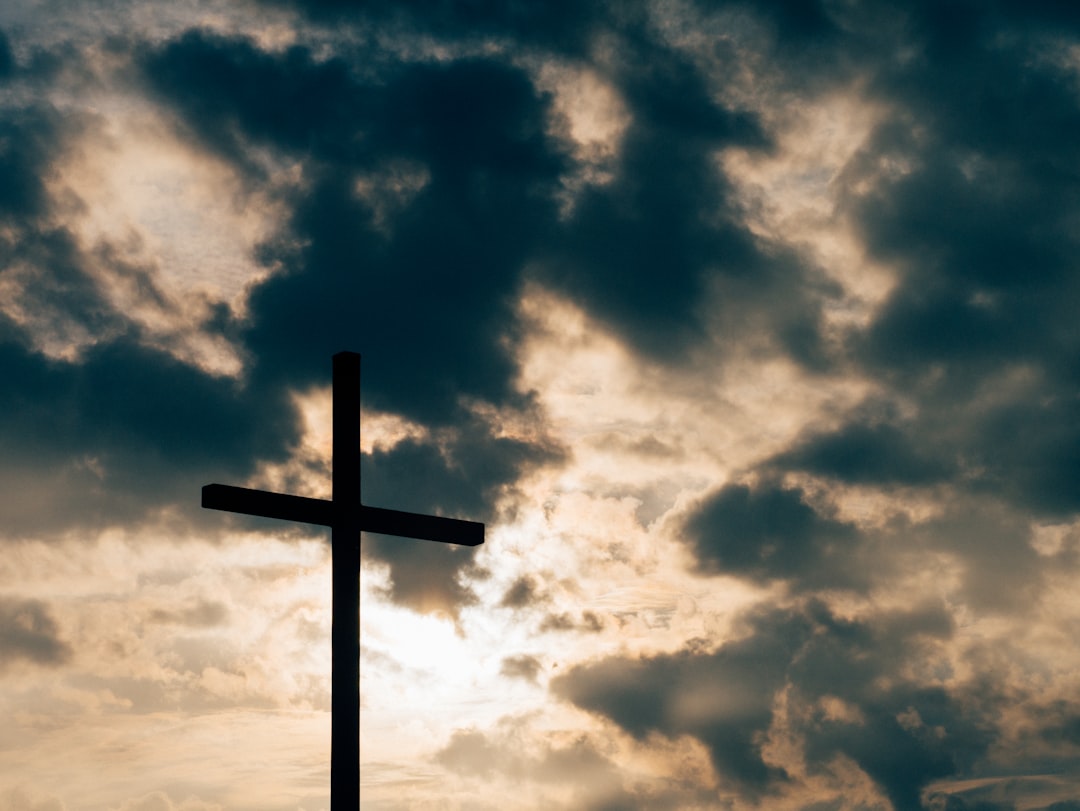What is it about?
Review and discussion of interreligious dialogue in the life and work of the World Council of Churches, from the inception of the WCC in 1948 down to the present.
Featured Image

Photo by Robert Keane on Unsplash
Why is it important?
Understanding the historical trajectory and having a theological perspective on the engagement of Christianity, through the offices of the WCC, in relations and dialogue with other faiths is of particular relevance in today's world.
Perspectives
This paper reflects many years of research and engagement in this area ever since I posed the question to myself: Why is it that in the modern (20thC) world ecumenical Christianity engaged in dialogue with peoples of other faiths? It opened up into a deeper analysis of the theology of interreligious dialogue as comprising three features, or "moments": theology for dialogue (whey do it); theology in dialogue (what's been going on); and theology from / after dialogue (what's the implication for self-understanding; what has changed in our perceptions and thinking?).
Douglas Pratt
University of Auckland
Read the Original
This page is a summary of: Looking Back, Looking Ahead, The Ecumenical Review, December 2021, Wiley,
DOI: 10.1111/erev.12647.
You can read the full text:
Contributors
The following have contributed to this page










